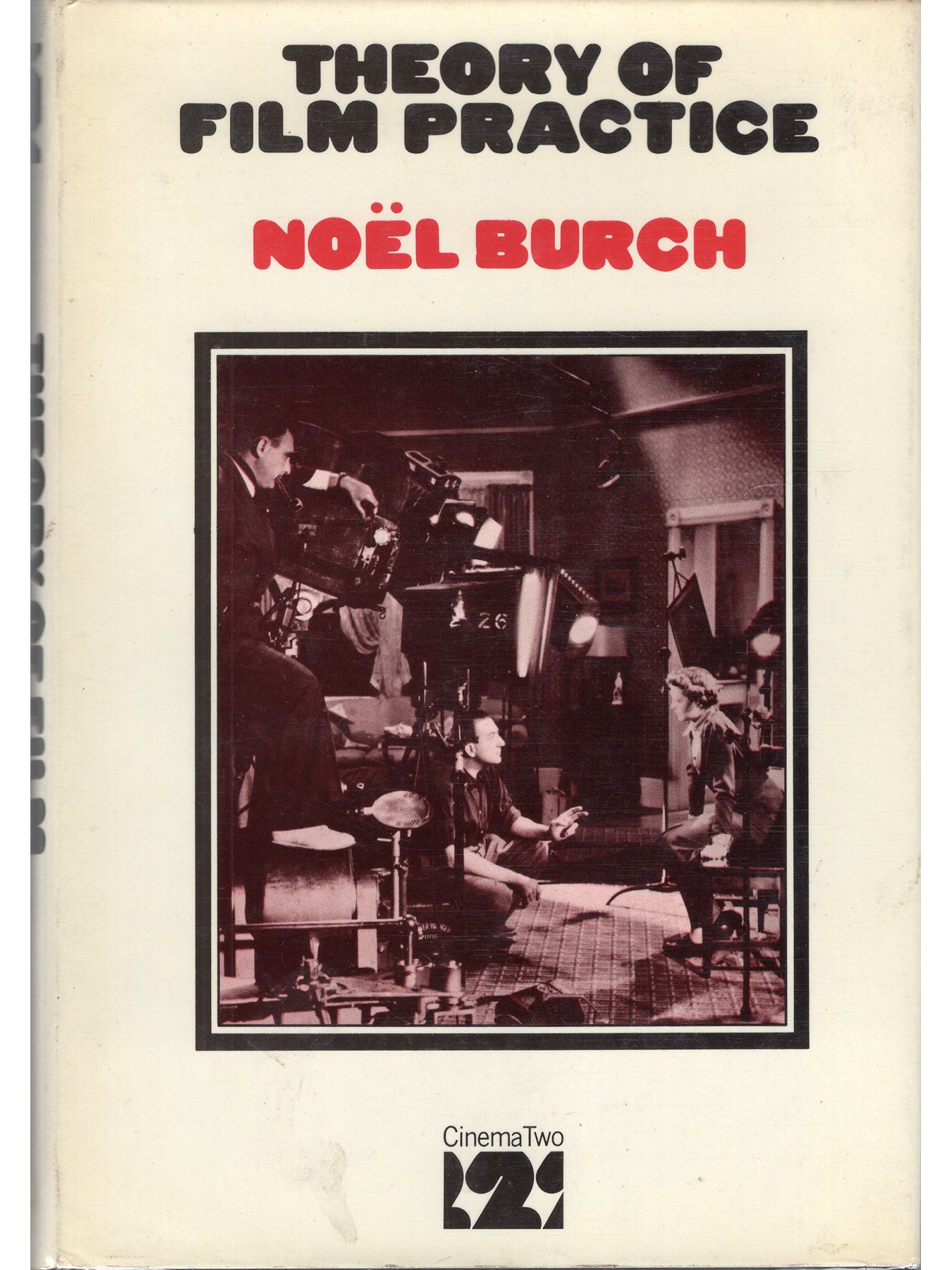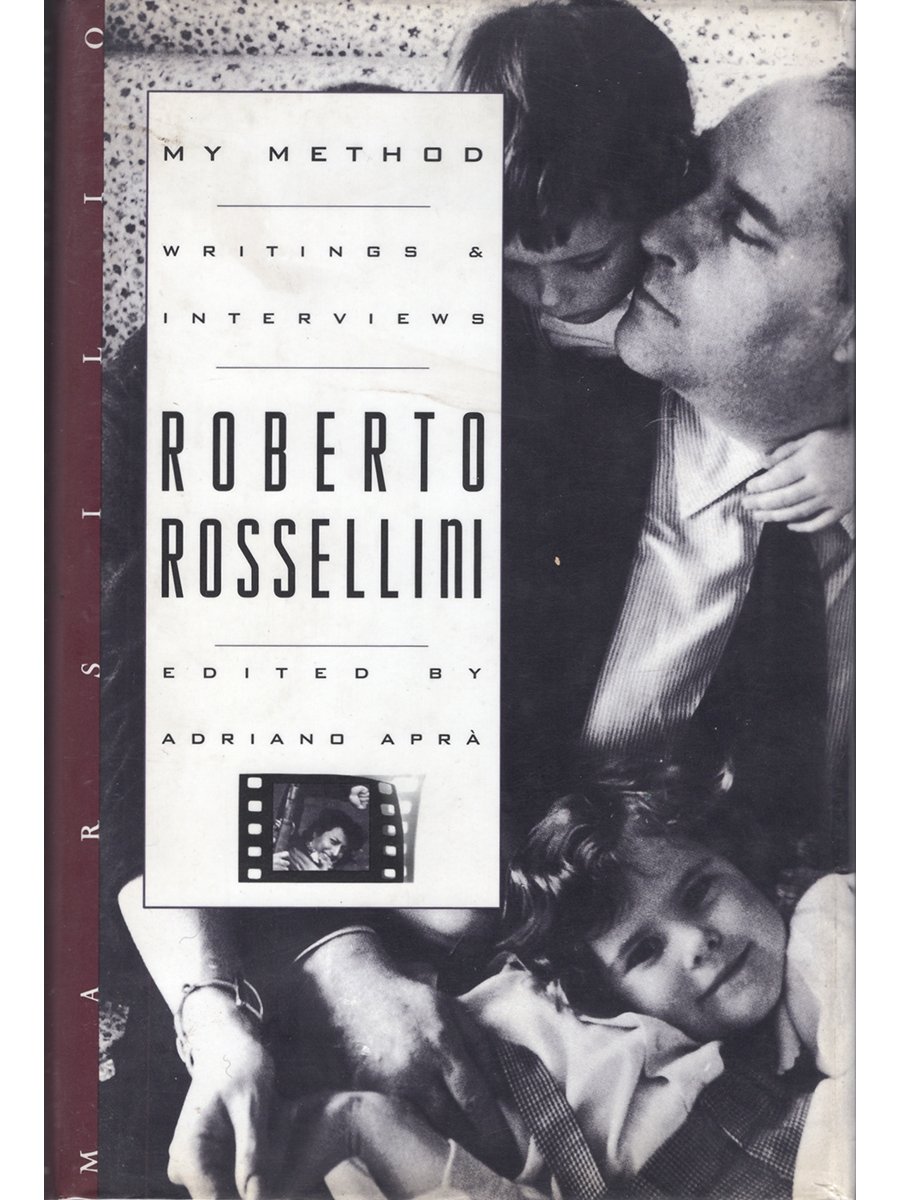The Devil's Blind Spot by Alexander Kluge (Hardcover First Edition)
Published by New Directions, 2004
Hardcover
First printing
322 pages
8.5x6 inches
First edition. Near Fine book in Very Good dust jacket with light sun fading on spine. Comes in removable protective Brodart mylar cover.
“Essential, brilliant.”—Susan Sontag
The 173 stories collected in filmmaker and author Alexander Kluge’s The Devil’s Blind Spot range from a dozen pages to just half a page in length: these tales are like novels in pill form. The whole is arranged in five chapters. The first group illustrates the little-known virtues of the Devil; the second explores love (from Kant to the opera); the third (entitled “Sarajevo Is Everywhere”) addresses power; the fourth considers the cosmos; and the fifth ranges all our “knowledge” against our feelings. Stories such as “Origin of Iraq as a Case for the Files” and “The Devil in the White House” display Alexander Kluge’s special genius for making found material his own. From the wreck of the Kursk to failed love affairs to Chernobyl, Kluge alights on precise details, marching us step by step through a black comedy of the exact stages of thinking that lead to disaster. These semi-documentary stories radiate what W.G. Sebald termed “Kluge’s intellectual steadfastness” as he undertakes his “archaeological excavation of the slag-heaps of our collective existence.”
Published by New Directions, 2004
Hardcover
First printing
322 pages
8.5x6 inches
First edition. Near Fine book in Very Good dust jacket with light sun fading on spine. Comes in removable protective Brodart mylar cover.
“Essential, brilliant.”—Susan Sontag
The 173 stories collected in filmmaker and author Alexander Kluge’s The Devil’s Blind Spot range from a dozen pages to just half a page in length: these tales are like novels in pill form. The whole is arranged in five chapters. The first group illustrates the little-known virtues of the Devil; the second explores love (from Kant to the opera); the third (entitled “Sarajevo Is Everywhere”) addresses power; the fourth considers the cosmos; and the fifth ranges all our “knowledge” against our feelings. Stories such as “Origin of Iraq as a Case for the Files” and “The Devil in the White House” display Alexander Kluge’s special genius for making found material his own. From the wreck of the Kursk to failed love affairs to Chernobyl, Kluge alights on precise details, marching us step by step through a black comedy of the exact stages of thinking that lead to disaster. These semi-documentary stories radiate what W.G. Sebald termed “Kluge’s intellectual steadfastness” as he undertakes his “archaeological excavation of the slag-heaps of our collective existence.”
Published by New Directions, 2004
Hardcover
First printing
322 pages
8.5x6 inches
First edition. Near Fine book in Very Good dust jacket with light sun fading on spine. Comes in removable protective Brodart mylar cover.
“Essential, brilliant.”—Susan Sontag
The 173 stories collected in filmmaker and author Alexander Kluge’s The Devil’s Blind Spot range from a dozen pages to just half a page in length: these tales are like novels in pill form. The whole is arranged in five chapters. The first group illustrates the little-known virtues of the Devil; the second explores love (from Kant to the opera); the third (entitled “Sarajevo Is Everywhere”) addresses power; the fourth considers the cosmos; and the fifth ranges all our “knowledge” against our feelings. Stories such as “Origin of Iraq as a Case for the Files” and “The Devil in the White House” display Alexander Kluge’s special genius for making found material his own. From the wreck of the Kursk to failed love affairs to Chernobyl, Kluge alights on precise details, marching us step by step through a black comedy of the exact stages of thinking that lead to disaster. These semi-documentary stories radiate what W.G. Sebald termed “Kluge’s intellectual steadfastness” as he undertakes his “archaeological excavation of the slag-heaps of our collective existence.”






